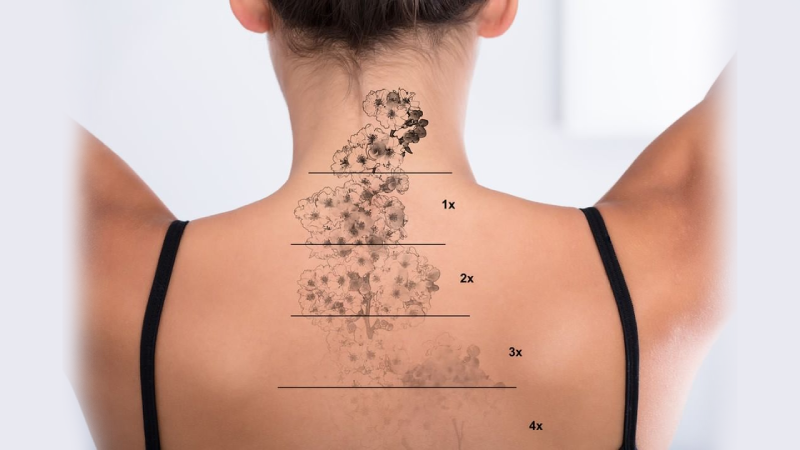Care For Tattooed Skin
More and more patients are asking their dermatologist for skin care tips that will keep a tattoo or permanent makeup looking its best.
Apply sunscreen every day before going outdoors. The ultraviolet (UV) light from the sun fades some tattoo inks. To protect your skin and your tattoo, apply a sunscreen that offers:
Broad-spectrum protection, which means that the sunscreen protects against UVA and UVB rays.
SPF 30 or higher.
Water resistance.
For optimum results, you should apply the sunscreen 20 minutes before going outdoors.
If you have permanent makeup on your lips, protect it with lip balm that protects you from UVA and UVB rays and has an SPF 30 or higher. Wearing a wide-brimmed hat can help protect permanent eyeliner.
Pay attention to rashes and sunburn-like reactions in tattooed skin. Newly tattooed skin can be very sensitive. It can feel similar to having a scraped knee.
UV light from the sun or a tanning bed can make the skin feel even more uncomfortable. Some people develop an intense sunburn-like reaction on their tattooed skin. This is most common when a tattoo contains yellow or red ink, but other colors can cause a reaction.
If this happens, you will need to protect your skin by covering it with clothing before going outdoors.
Stay out of tanning beds and away from sunlamps. These increase your risk for skin cancer. In some people, the UV light reacts with the tattoo ink, causing a painful skin reaction. The UV light also can cause inks in tattoos to fade.
If your tattooed skin feels dry, apply a water-based lotion or cream. Petroleum-based products like petroleum jelly can cause the ink to fade.
If you have a skin reaction or see your tattooed skin changing in any way, immediately make an appointment to see a dermatologist. Your skin can have a bad reaction to the ink in a tattoo. This can happen immediately after getting a tattoo or years later. A change also could be a sign of skin disease. Skin cancer can develop in tattooed skin. A dermatologist can diagnose what’s happening and treat it.
If you no longer want a tattoo, talk with a dermatologist. Many tattoo removal kits are available online, but the U. S. Food and Drug Administration (FDA) warns that it does not regulate these products. Some kits contain acid, which has caused permanent skin injuries.
Dermatologists often remove tattoos with special lasers called Q-switched lasers. These lasers can break up tattoo ink into small particles that the body can eliminate. It takes many treatment sessions to remove a tattoo. Some tattoos cannot be completely removed.
By talking with a dermatologist, you can find out what options are available for removing your unwanted tattoo.
